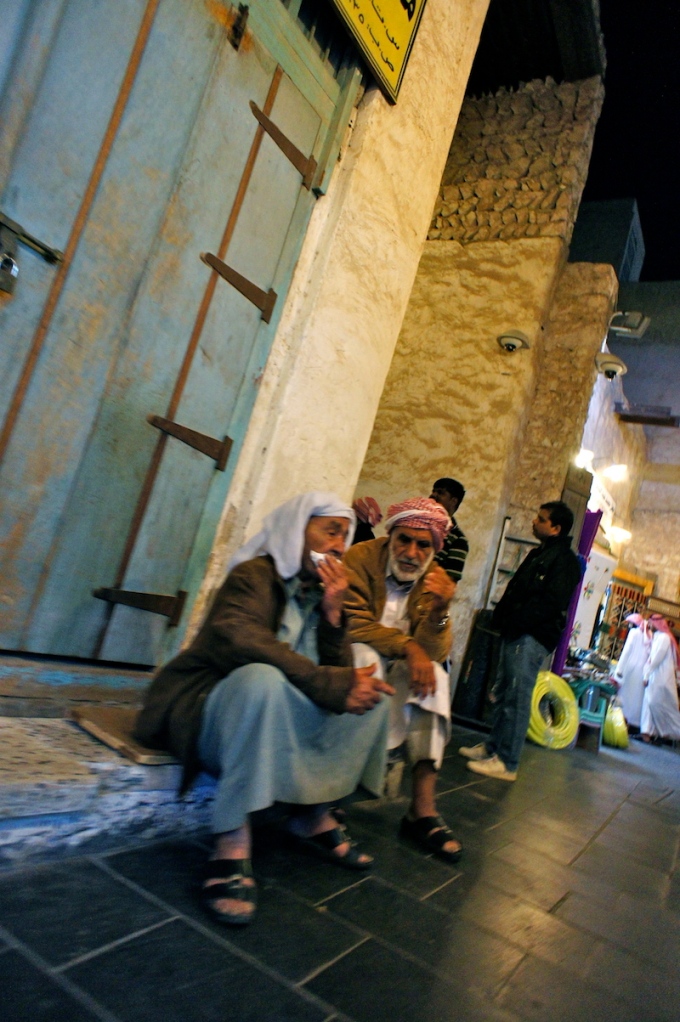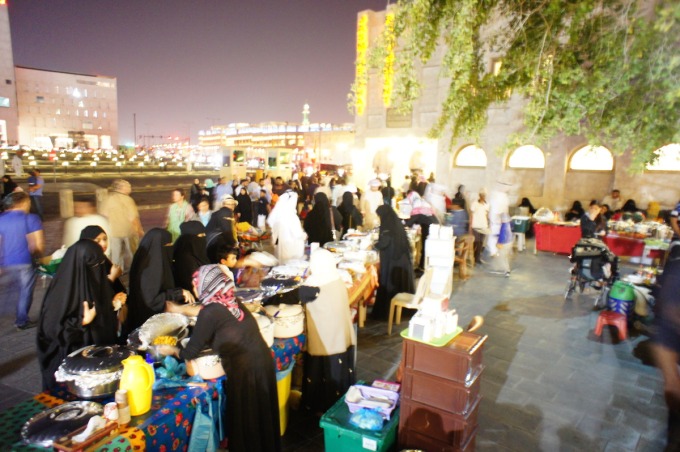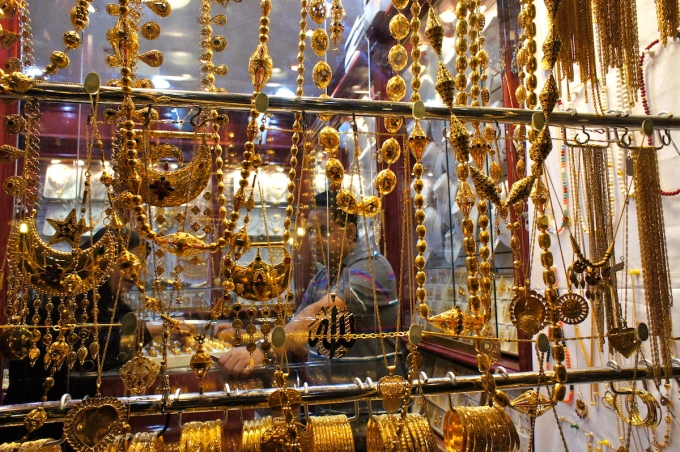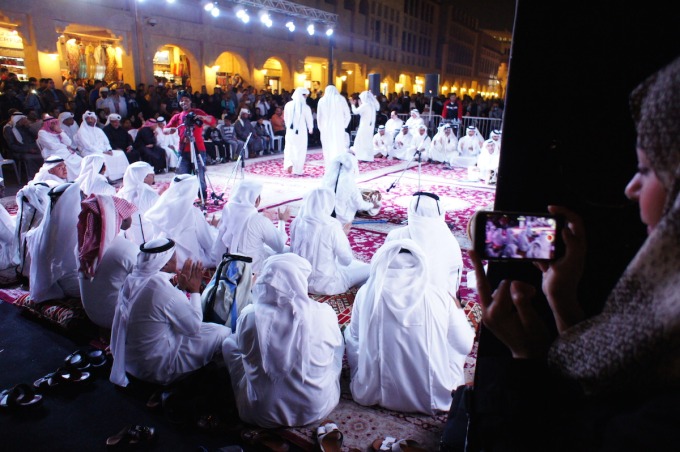HX Report
Irishman in the Middle East
War
When the war started my family moved to a village in the mountains outside Beirut. My grandfather came with us as he had no other choice. His wife, my grandmother, was dead many years past. He then lived with us in the village house until his death. I remember as a child enjoying waking up each morning and looking forward to hearing my grandfather’s stories from his younger days.
He did not like his school teacher. One day the teacher asked him to take the teacher’s empty water bottle to the outside tap to fill it with drinking water. My grandfather partly filled it with water and then urinated into it to fill it to the top. The teacher quenched his thirst throughout the warm day with that bottle of water, as my grandfather looked on in amusement.
The above story was recounted to MB earlier this week by a Lebanese friend.
MB happens to work with many Lebanese. Great warm friendly people who consider themselves Lebanese before they consider themselves Arabs. They speak French fluently and many are as comfortable speaking that language socially as the are speaking Arabic. MB remembers a few years back being in a Beirut restaurant and thinking he was somewhere in France as most of the locals were speaking in the French tongue in preference to the local lingo. Most Lebanese want to put their children into French speaking schools when working abroad so there won’t be any future difficulties when the children go to secondary school or University back home.
The history of the Lebanese seems to have bestowed on them a more liberal and tolerant attitude that most Arab nationalities. The rights of all religions are guaranteed under their political agreement back home and no religion or group can hold sway over any other. It is possibly fair to say that the moderating influence of the large Christian population has benefited their Muslim brothers in many positive ways. But to debate such a matter is to venture into the politics of religion, which MB doesn’t really want to do.
The recent history of the Lebanese is one of conflict. MB was recently introduced to a work colleague that he had not met previously and whose name was Jihad. MB immediately and naturally enough assumed that Jihad was a Muslim. MB forgets how MB & Jihad got into discussion on Jihad’s background and his parent’s choice of name for their son. But they were soon discussing the topic.
Jihad explained that he was Lebanese Christian. His parents chose a name for their son that was very obviously Islamic. The reason they chose such a name was that during the Lebanese war it was easy to be killed if you happened to be in the wrong place at the wrong time. Your chances of survival often depended on the decision, or guess, on the part of your captors, or those who might stop you at any time on the streets, as to which side of the conflict you came from. Jihad’s name meant that if he showed his ID card to any on the opposition side if he ever had to, then they would, or might, automatically assume he was one of them and possible allow him to go on his way unharmed. No guarantee but at least his chances of survival were increased to some small degree.
MB discussed the murder of the Jordanian pilot this week with another Lebanese work colleague. MB expressed his disappointment that so many people still support the Godless demonic ISIS and glory in their barbaric butchery of fellow human beings. His reply was that in his opinion anybody who makes such comments has never experienced war. He then told MB his own story.
As a six year old boy he was playing with some friends on the street. Less that two hundred meters away a huge car bomb exploded. Within a few hours of the explosion he lost his ability to talk as a result of the shock to his young brain. His parents sent him to Paris to a boarding school where he spent the following six years. Luckily he also had some family members in Paris. The efforts of the school, therapists and family eventually solved his speech problems. Six months later he started to talk again but in the manner that a baby might do. Over the following years he recovered fully and thanks God to this day for his good fortune. Three of his young playmates on the day of the bomb were no so lucky.
A girl who was in his group, had a heart attack and died as a result. Two other young friends developed diabetes within days of the explosion and are living with the condition to this day. MB’s work colleague says that he still remembers the day of the explosion very clearly. “I will never forget” it he says.
—–
PIcs from Souk Waqik, Doha, Qatar.

















Sad, sad story, MB, and beautiful images of Souq Waqif. I have so much to write in response, but am not strong enough to do so. I hang my head.
LikeLike
Hi Gypsy. Glad you enjoyed. Lift your head.
LikeLike